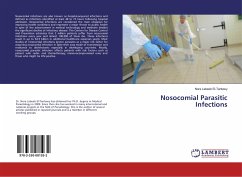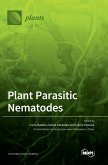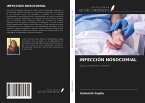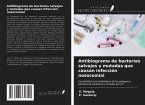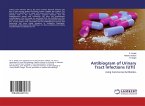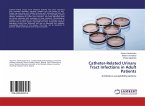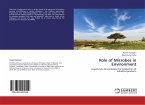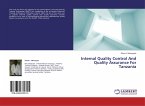Nosocomial infections are also known as hospital-acquired infections and defined as infections identified at least 48 to 72 hours following hospital admission. Nosocomial infections are considered the main obstacles for improving health conditions and represent a major threat to public health in spite of the advancement in medical technology and medicine besides the significant decline of infectious disease. The Centers for Disease Control and Prevention estimates that 2 million patients suffer from nosocomial infections every year and almost 100,000 of them die. These infections result in up to $4.5 billion in additional healthcare expenses yearly. Most studies of nosocomial infections ignore parasites as a major risk factor for acquiring nosocomial infection in spite their easy mode of transmission and resistance to disinfectants especially in developing countries. Mostly, nosocomial parasitic infection affects patients with risk factors such as patient with radio- and chemotherapy, immunocompromised ones and those who might be HIV-positive.
Hinweis: Dieser Artikel kann nur an eine deutsche Lieferadresse ausgeliefert werden.
Hinweis: Dieser Artikel kann nur an eine deutsche Lieferadresse ausgeliefert werden.

